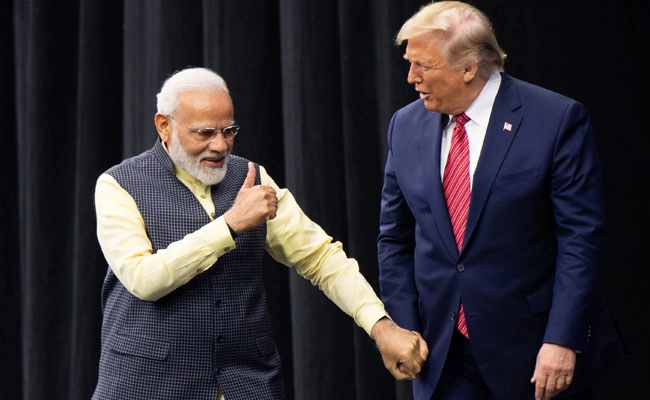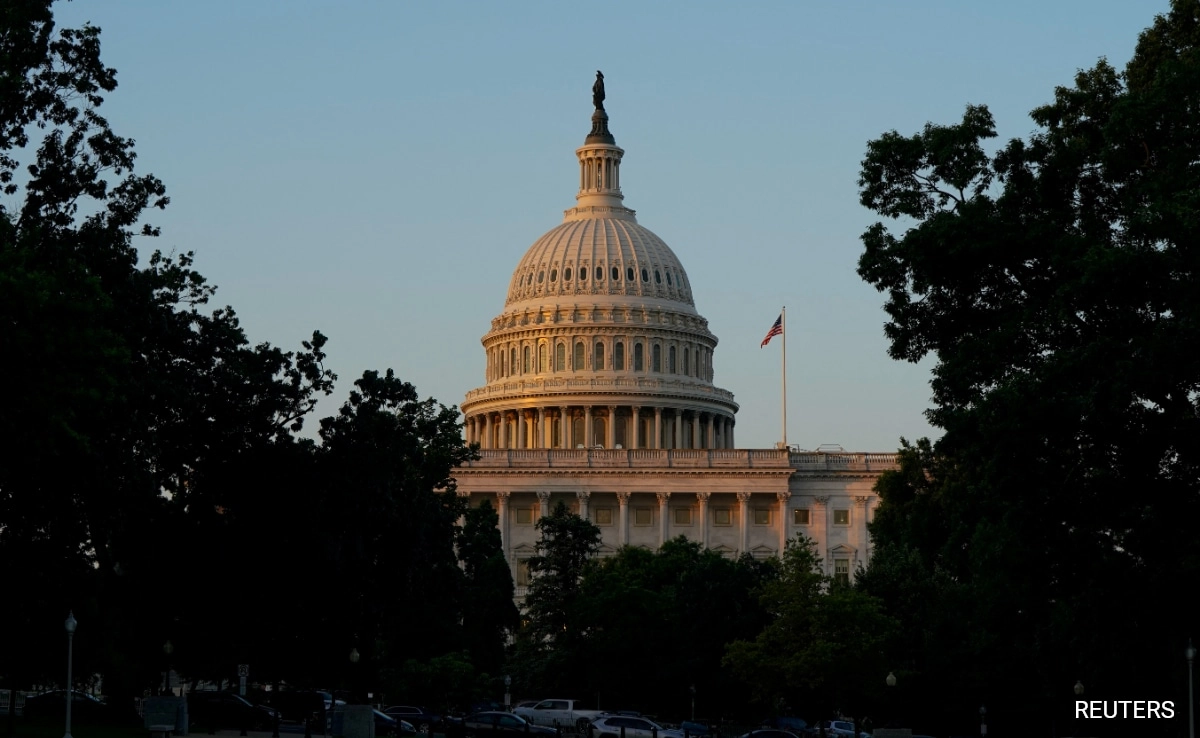A senior U.S. official recently indicated that negotiations regarding a potential deal with India will proceed only after the country halts its purchases of oil from Russia. This statement underscores the ongoing geopolitical tensions and the complex dynamics of international energy markets, particularly in the context of the ongoing conflict in Ukraine, which has led to increased scrutiny over nations’ relationships with Russia. The U.S. has been vocal about its disapproval of countries that continue to engage economically with Moscow, especially in sectors that significantly contribute to the Russian economy, such as oil exports.
India, which has historically maintained a non-aligned stance in global conflicts, has ramped up its crude oil imports from Russia since the onset of the Ukraine war. This has been largely driven by the desire to secure energy supplies at competitive prices amid rising global oil costs. However, this reliance on Russian oil has drawn criticism from Western allies, particularly the United States, which has imposed sanctions on Russia and encouraged other nations to reduce their energy dependencies on the country. The U.S. official’s remarks highlight the pressure being exerted on India to align its foreign policy more closely with that of the West, especially as diplomatic relations and security partnerships evolve.
As the U.S. seeks to strengthen its ties with India, particularly in the context of regional security and economic cooperation, the issue of Indian oil imports from Russia remains a significant hurdle. The Biden administration is likely weighing the strategic importance of its relationship with India against the backdrop of its broader objectives to isolate Russia economically. The ongoing discussions are not just about oil, but also about fostering a partnership that could enhance stability in the Indo-Pacific region and counterbalance China’s influence. The evolving situation represents a delicate balancing act for India as it navigates its national interests while responding to international pressures.
Ultimately, the U.S. and India must find a way to address these complexities. The potential for strengthening bilateral ties is substantial, but it hinges on India’s ability to reassess its energy sourcing strategies in light of global expectations. As both nations move forward, the outcome of these discussions will likely shape not only their bilateral relationship but also the geopolitical landscape in the region, especially regarding energy security and international alliances.




